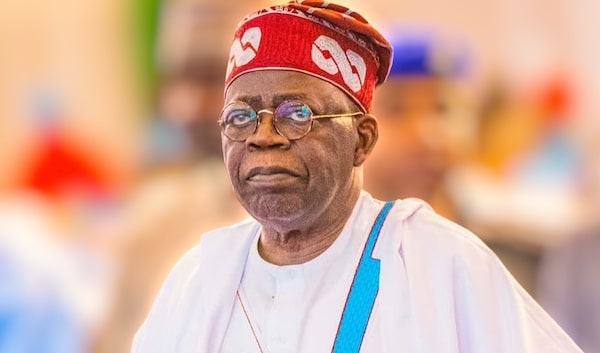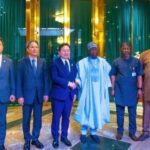
- Says physically challenged persons can now demand equity
The National Leader, All Progressives Congress Persons With Disabilities, Tolu Bankole, on Friday, praised President Bola Tinubu for signing the instrument of ratification of the African Union Charter on the rights of the PWDs.
The APC chieftain also congratulated all physically challenged persons in the country, declaring that it was a win for them.
The AU charter states that persons with disabilities shall have rights to equality, non-discrimination and equal recognition before the law, among other benefits.
Reacting in a statement issued in Abuja on Friday, Bankole described the ratification as a demonstration of Tinubu’s love for persons with disabilities and his commitment to change the sorry state of PWDs for good in Nigeria.
He said, “This ratification has again shown our president’s open show of love and solid institutional commitment to make Nigeria inclusive for all irrespective of one’s disabilities. The signing of the instrument of ratification implies that PWDs can now demand equal opportunities not charity from the government at all levels.
“According to a UN report, almost 80 per cent of persons with disabilities live in developing countries. In Africa, a growing number of persons are added to the list of persons with disabilities due to different socio-economic factors, including the consequences of war, poverty, diseases, aging, malnutrition, natural calamities and disasters, and accidents.”
He said, “The renewed hope drive of President Tinubu is anchored on assurance of a paradigm shift. This ratification represents a departure from empty promises of socioeconomic and political inclusion of millions of PWDs without commensurate inclusive policies for the young, women and elderly Persons With Disabilities.
“Our country, the giant of Africa has again lived up to expectations. Adequate provisions have been made in the protocol to guarantee all fundamental rights of women and girls with disabilities, children with disabilities, youths with disabilities and older persons with disabilities. These cover broad needs for education, health, work, political inclusion and security, among others.”














